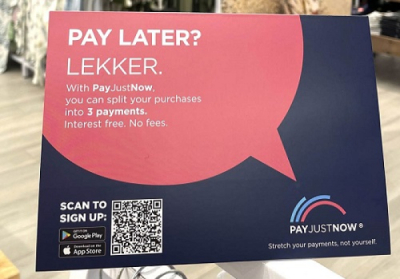In today's digital world, reliable citizen identification is essential. To ensure access to services, prevent fraud, and promote digital inclusion, we need robust systems and clear rules, all while safeguarding personal data.
Trident Digital Tech Holdings Ltd., a Singapore-based digital transformation company, said on Wednesday it signed an agreement with the Democratic Republic of Congo's Ministry of Posts, Telecommunications, and Digital Affairs to deploy a national digital identity system. The initiative aims to modernize public administration and improve citizens' access to essential services.
"The digital identity system is a fundamental pillar of our country's modernization through digital transformation," said Augustin Kibassa Maliba, Minister of Posts, Telecommunications, and Digital Affairs. "With Trident, we will be able to provide our citizens with secure and efficient access to government services while protecting their personal data through advances in blockchain technology."
The system will allow the Congolese government to digitally manage and authenticate citizens' identities, enabling individuals to securely and reliably prove their identity online or offline using unique digital credentials.
National digital identification systems typically operate on four key principles: secure authentication (allowing citizens to reliably identify themselves for public or private services), streamlined procedures (facilitating online administrative processes like tax payments), fraud prevention (reducing identity theft and fraud risks), and interoperability (ensuring the digital identity's usability across various contexts).
The system's deployment could significantly impact the Congolese population by expanding access to formal financial services like bank accounts, loans, and insurance; enabling more efficient distribution of public services, including subsidies, healthcare, and education; and providing accurate, up-to-date demographic data for economic planning and policy decisions.
Trident's statement did not detail the company's specific roles in the project, such as IT infrastructure provision, database construction, or system security expertise.
For the project to succeed, the Congolese government must address several challenges, including safeguarding personal data through an effective legal and technical framework under the digital code. Expanding internet access and digital devices, especially in rural and remote areas, is also crucial. Furthermore, educating the population on using the digital identity system will be essential to maximize its benefits.
By Samira Njoya,
Editing by Sèna D. B. de Sodji



















